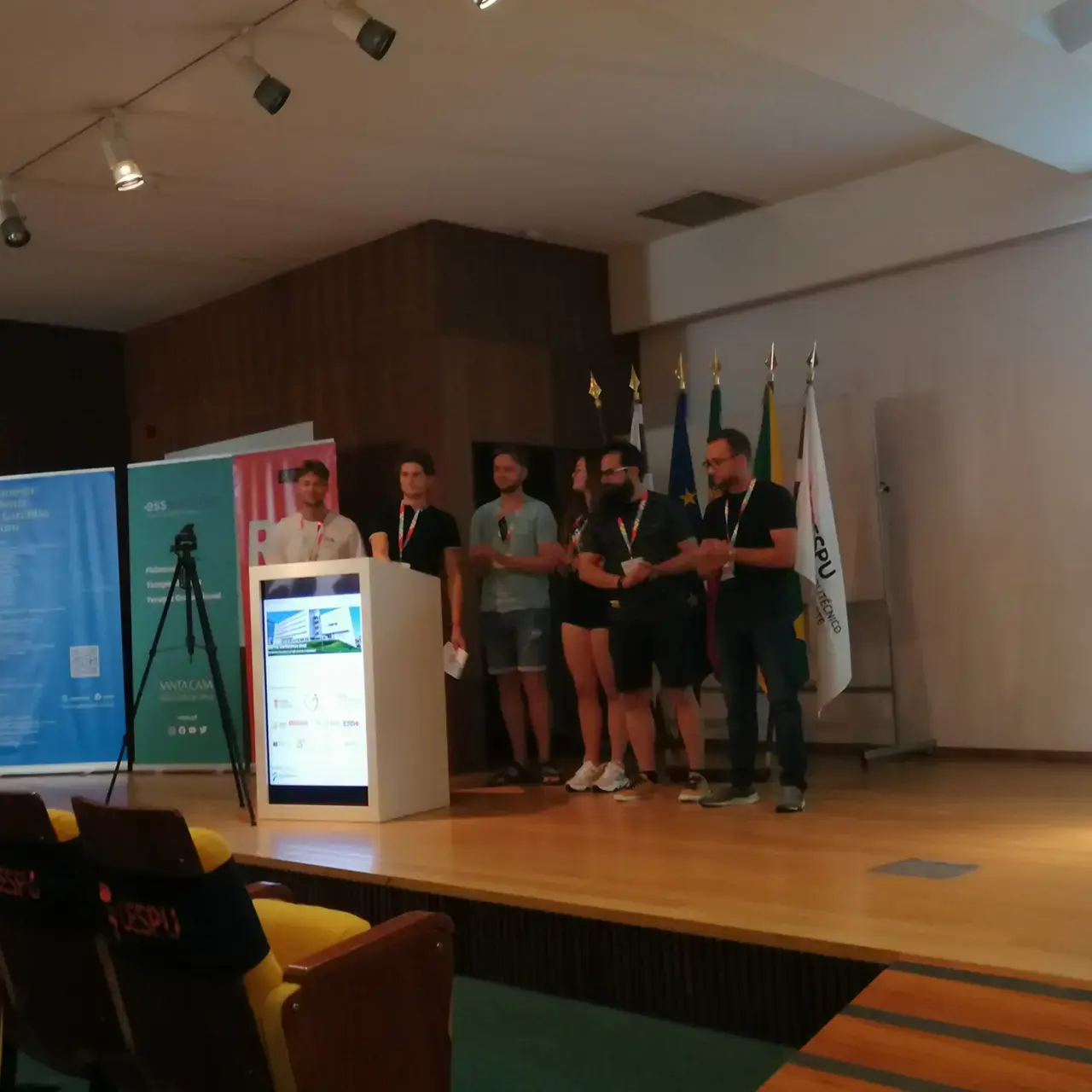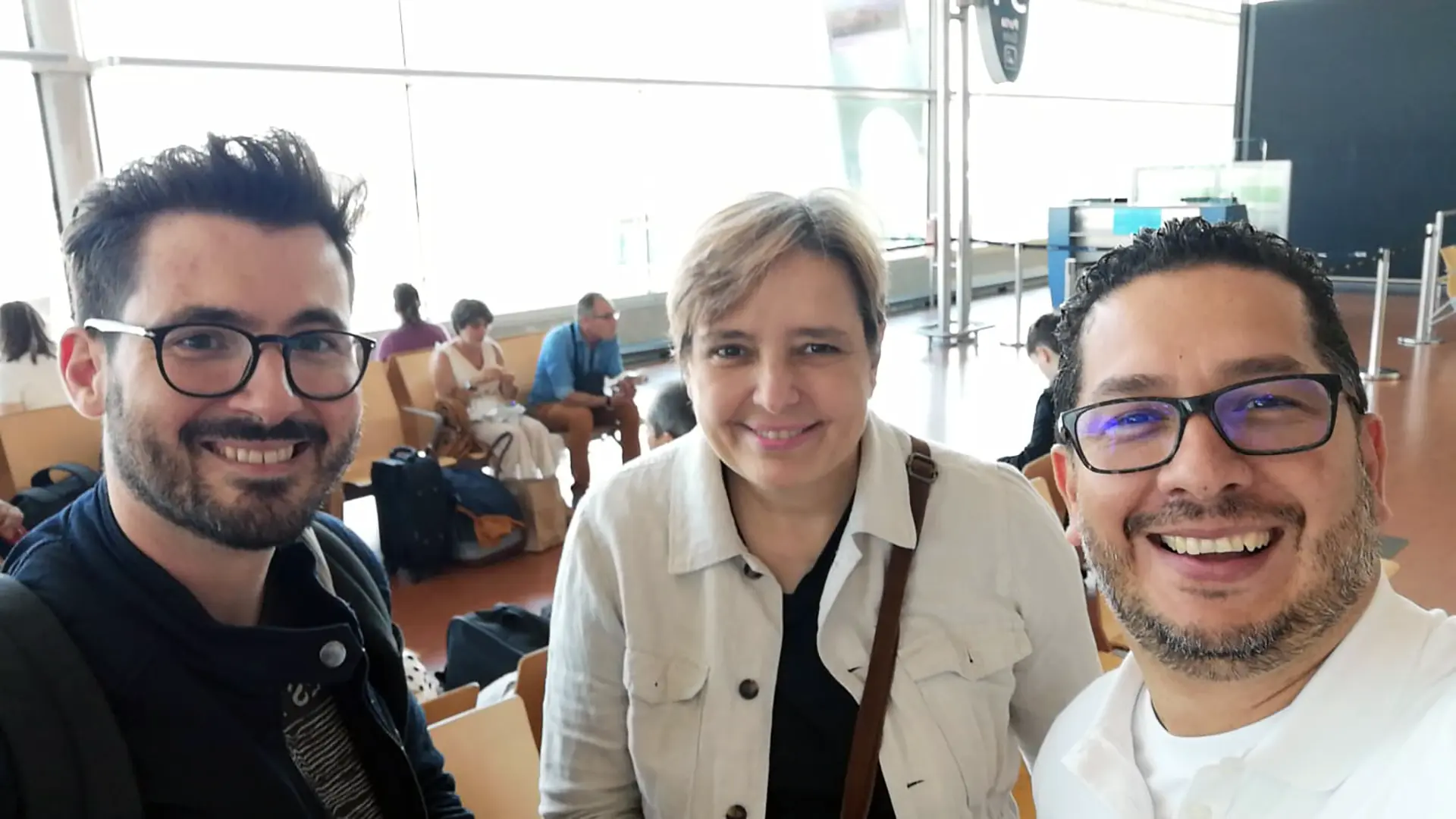CEERRF at the heart of European physiotherapy
From 15th to 17th of September, the CEERRF participated in the European Network of Education in Physiotherapy (ENPHE) 2022 conference, which was held in Vila Nova de Famalicão (Portugal) at the CESPU (Escola Superior de Saúde do Vale do Ave – ESSVA).
The event was jointly organized by 11 physiotherapy training institutes in Portugal and was attended by approximately 200 participants (teachers, international officers, students).
As in previous years, the conference focused on the main trends in physiotherapy education in Europe and worldwide, around the transversal issue of “Physiotherapy Education in an Agile World”. Renowned researchers led the 3 main conferences, which this year dealt on evaluation.

Ideas from America on evaluation
Ms Jean Fitzpatrick Timmerberg, is Associate Director of Physical Therapy Programs at Columbia University in New York (Irving Medical Center). Her presentation focused on student assessment and in particular, on a trust-based assessment framework: “Entrustable Professional Activities (EPAs) as an Assessment Framework for Physiotherapy”.
The reflection on this framework started from the observation that often, placement tutors validate the clinical practice of students without really having confidence in them. When interacting with her audience, Ms Fitzpatrick Timmerberg asked the question: “as a tutor, would you have referred all your students to your family members”; “have you ever ‘signed off’ on a student when you didn’t trust them?
Thus, the assessment approach proposed by Ms Fitzpatrick Timmerberg aims to reduce “false positive decisions” by setting up a pathway from observation to supervision of other learners throughout the course.
Each level of the summary assessment grid allows the tutor to assess the degree of confidence given to the student:
Level 1: The learner is not allowed to practice
1a. Allowed to observe.
1b. Not allowed to observe.Level 2: The learner practices under the supervision of their tutor
2a: Allowed to practice with their tutor in collaboration with their tutor.
2b. Tutor is in the room ready to intervene.Level 3. Allowed to practice under 'reactive' supervision
3a. Tutor is immediately available and validates results/decisions.
3b. Tutor is immediately available and validates key outcomes/decisions.
3c. Tutor is available remotely and reviews results/decisions.Level 4. Authorized to practice under limited supervision
4a. With a supervisor available on call to provide supervision.
4b. With a supervisor who is not available, but who can provide feedback and follow-up afterwards.
This summary grid we present allows students to be assessed based on standardized and defined performance outcomes at various stages of learner development (1). The detailed grid also provides a date by which the learner must update his/her knowledge in a given area.
Meeting new and interesting people
Participating in the ENPHE Autumn Conference is also the opportunity to meet physiotherapy teachers from the most important European universities. Organized in working groups, the teachers exchange on their teaching practices around issues such as EBP (Evidence Based Practice), research, clinical education, internationalization of education). These groups are a source of inspiration for modernizing the training of our students and opening it up to the world.

